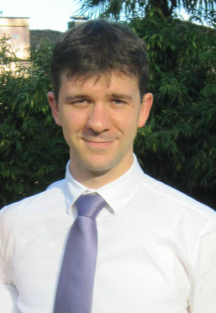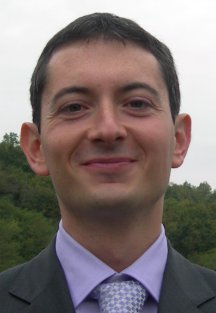COURSE PURPOSES
Radar systems and technologies play a crucial role in modern society, enabling sensing capabilities in a wide number of applications from weather forecasting and air traffic control to remote sensing and surveillance up to navigation and autonomous driving, ensuring safety and security in various domains. More recently, the fusion of sensing capabilities with advanced communication technologies promises to revolutionize next-generation mobile connectivity, enabling innovative services that support the evolving demands of smart cities and environments.
The course will review basic principles and fundamentals of radar, then focusing on modern radar systems and technologies and their applications. The classes are organized according to a learning-by-doing modality in which several numerical exercises, exploiting SW programs, will complete the theoretical lessons.
Course Topics
- Radar principles and objectives: terminology; passive/active radar; frequency spectrum; radar for detection, localization, tracking, and imaging;
- Radar basics: radar equation; radar cross section (RCS) and clutter; pulse repetition frequency (PRF); resolution capabilities in range and the non-ambiguous range; Doppler effect; range and velocity ambiguities;
- Radar systems: monostatic, bistatic, and MIMO Radar;
- Continuous waves (CW), frequency-modulated continuous-wave (FM-CW), and pulsed radar: principles, general architectures, and main applications;
- Synthetic Aperture Radar (SAR): SAR fundamentals; SAR acquisition strategies; inverse SAR (ISAR) imaging;
- Basic criteria for radar instruments selection;
- Focus on weather radar: guidelines on how to collect, interpret and analyze environmental data according to World Meteorological Organization (WMO) standards and recommendations;
- Read and analyze base reflectivity images, base velocity images, wind maps, and precipitation images.
Teaching Activities
- Theoretical Lessons
- e-Xam Self Assessment (on each teaching class or periodically)
- MATLAB Hands-On
- e-Xam Final Assessment
Course in Synthesis
Course Coordinators

Prof. ROCCA Paolo
DICAM @ University of Trento, Italy
Xidian University, China

Prof. OLIVERI Giacomo
DICAM @ University of Trento, Italy
Contact Us
ELEDIA@UniTN – University of Trento
DICAM – Department of Civil, Environmental, and Mechanical Engineering
Via Mesiano 77, 38123 Trento – Italy
Phone: +39 0461 283998
Mail: didattica@eledia.org


